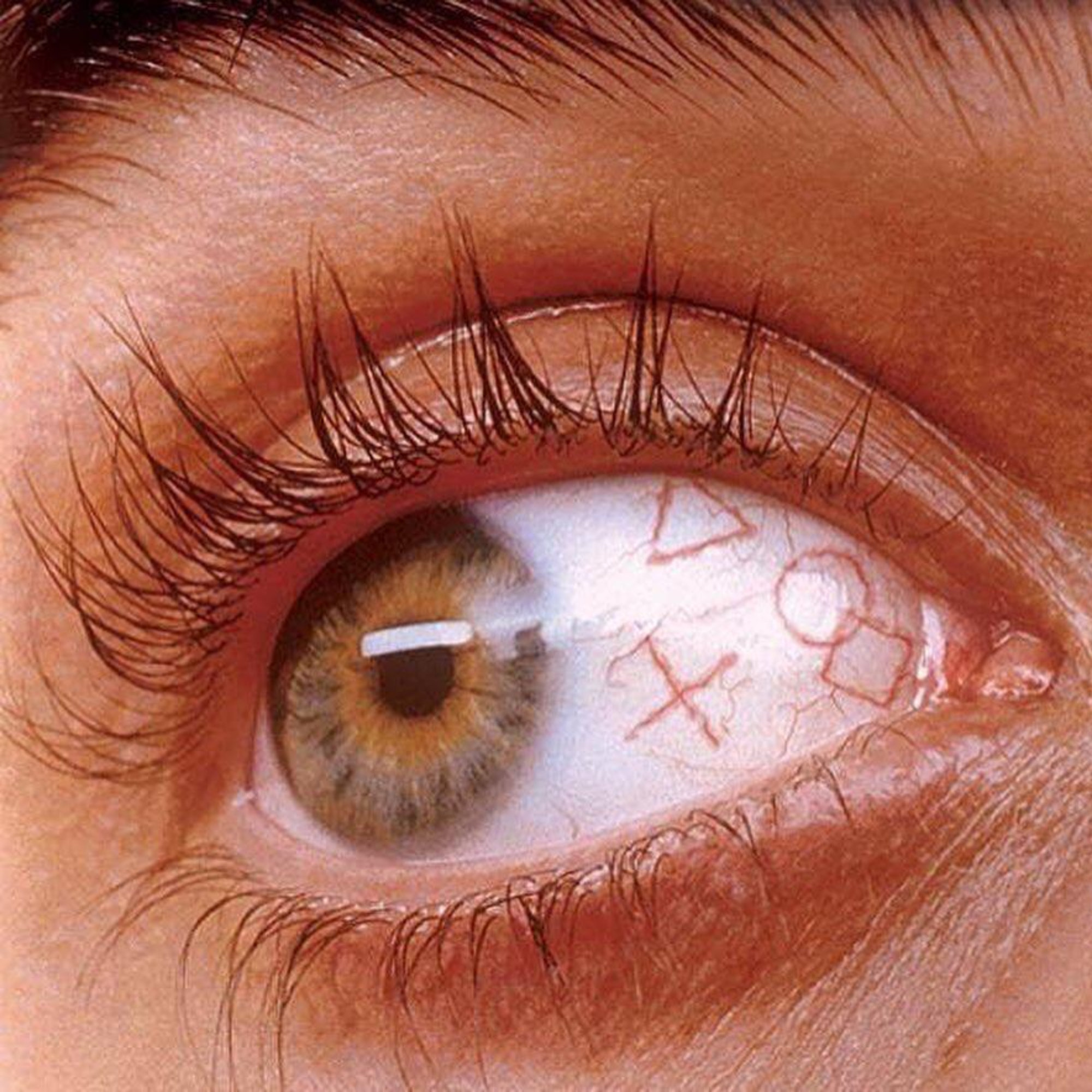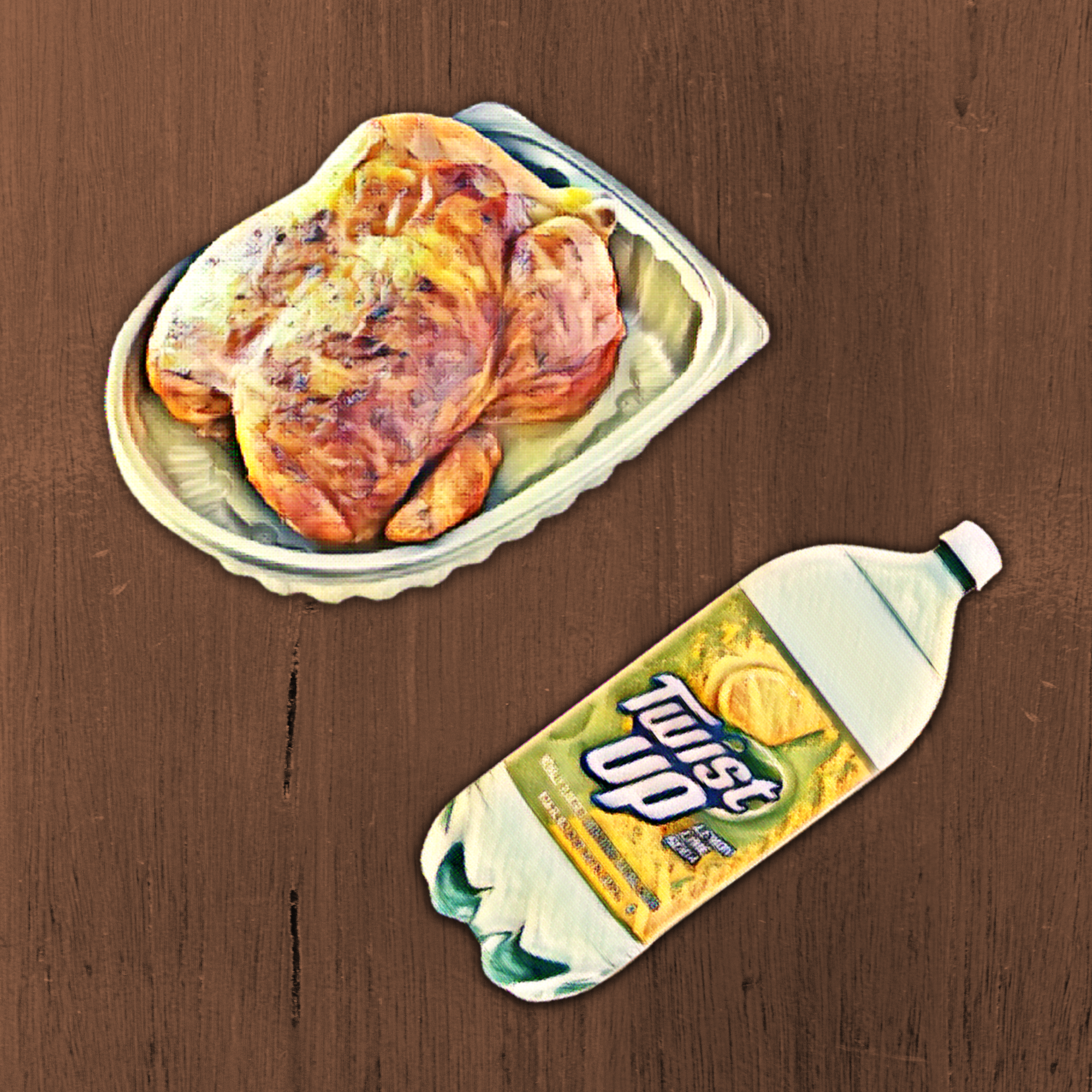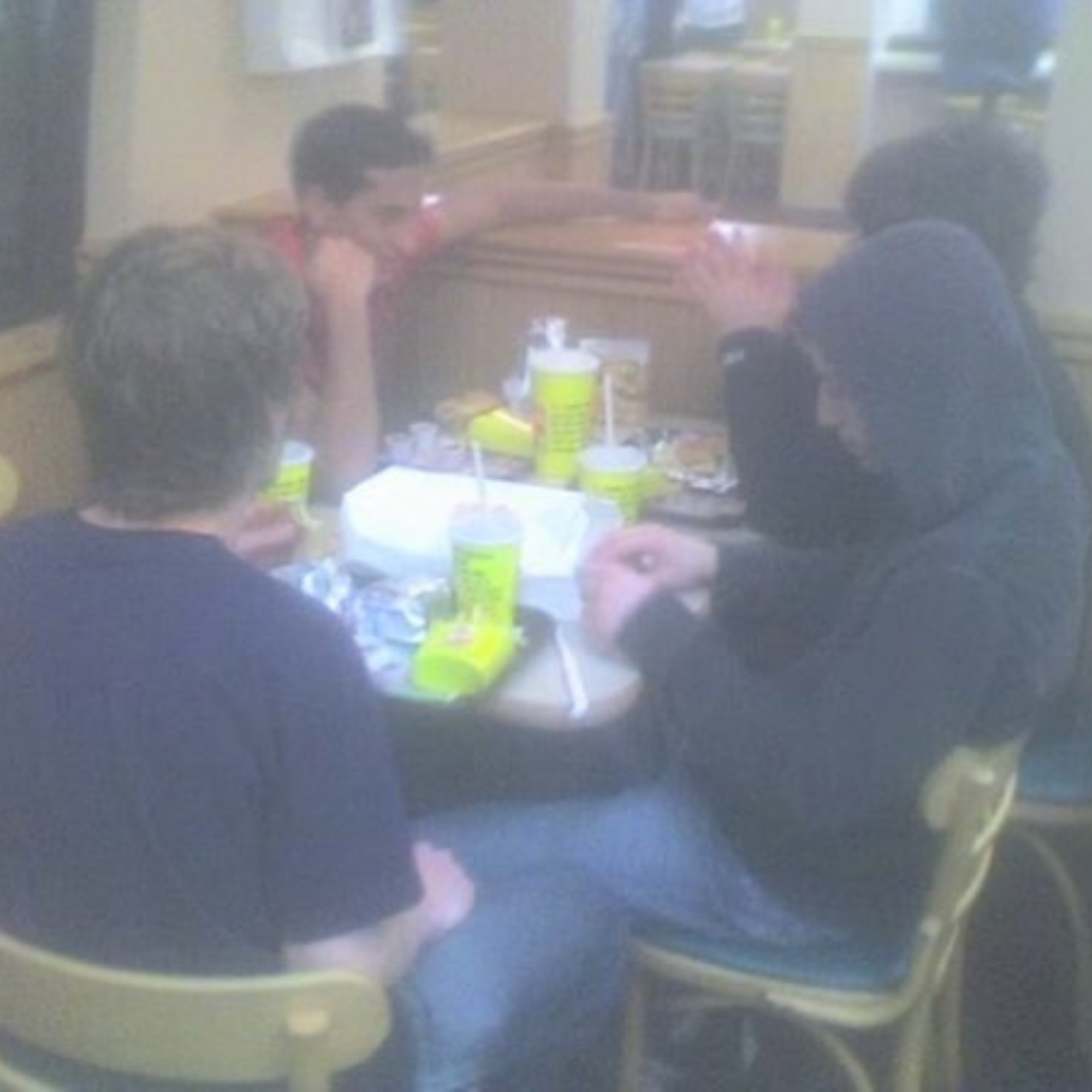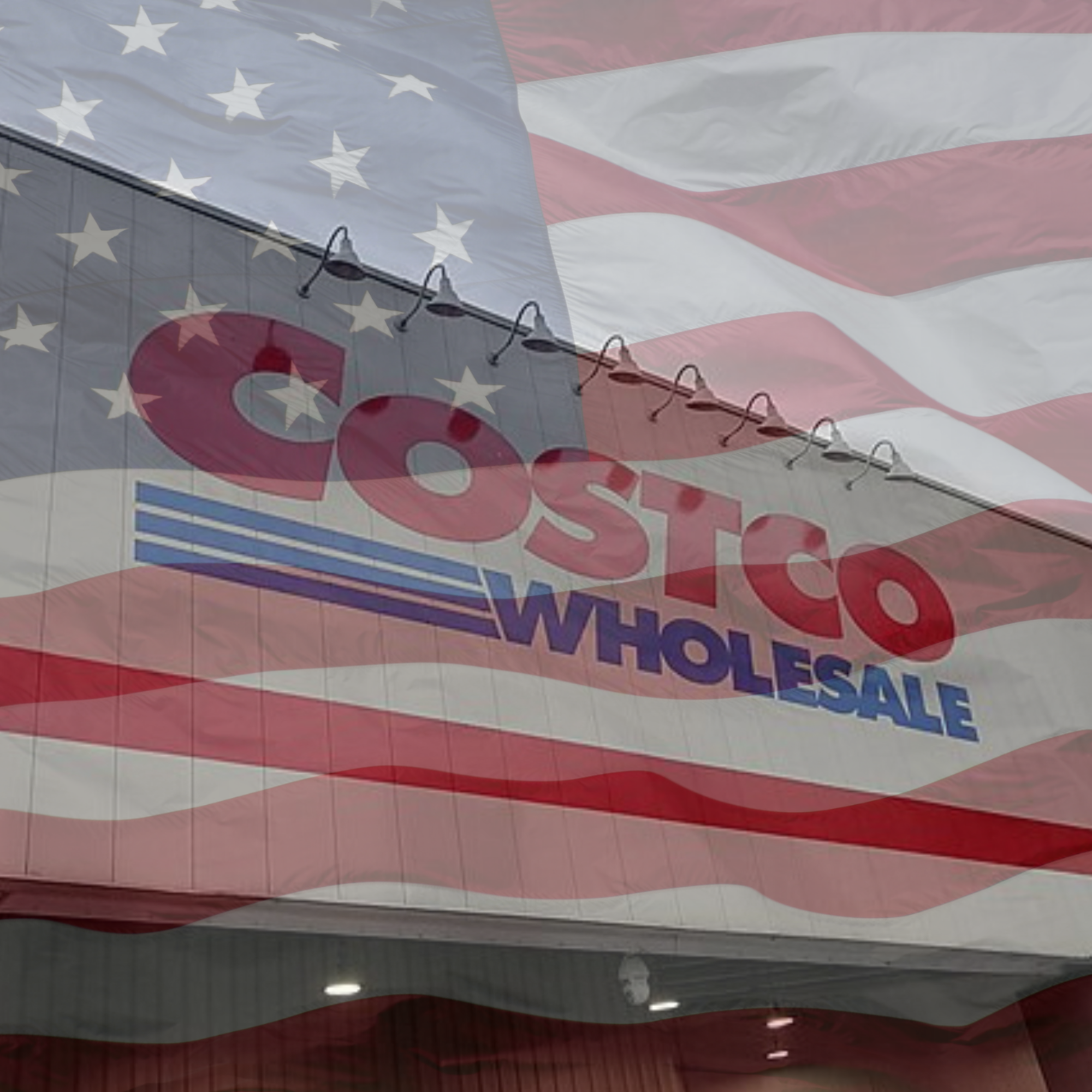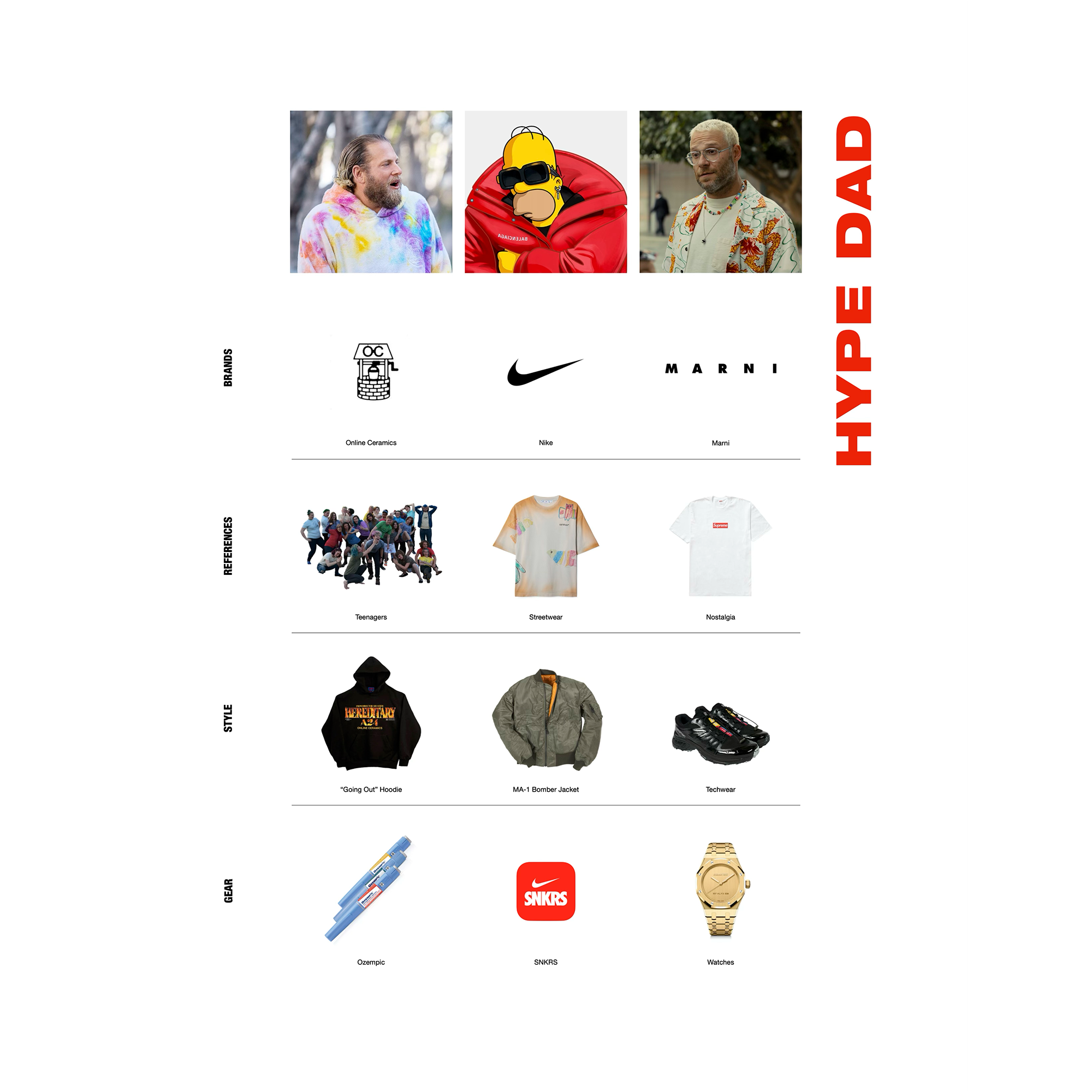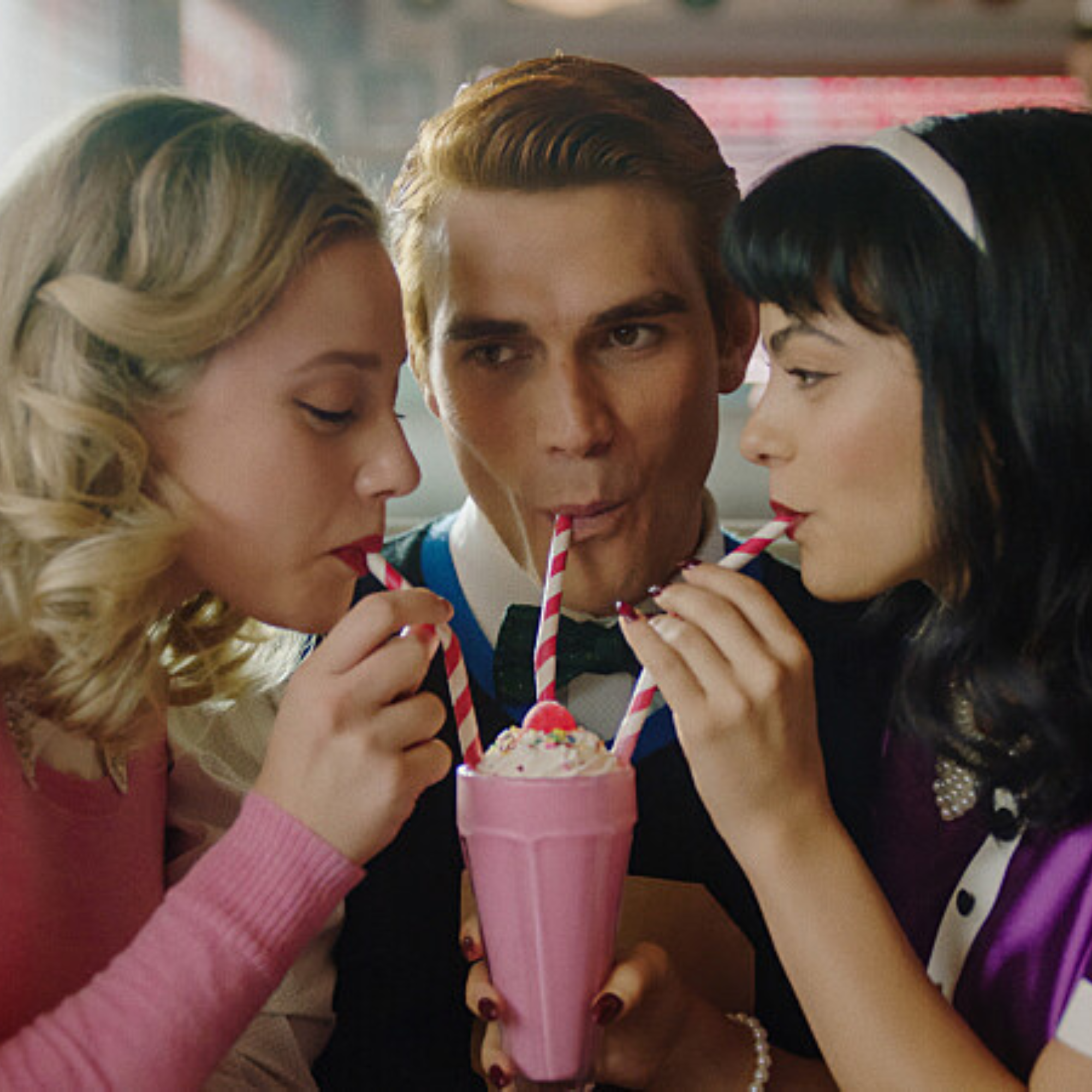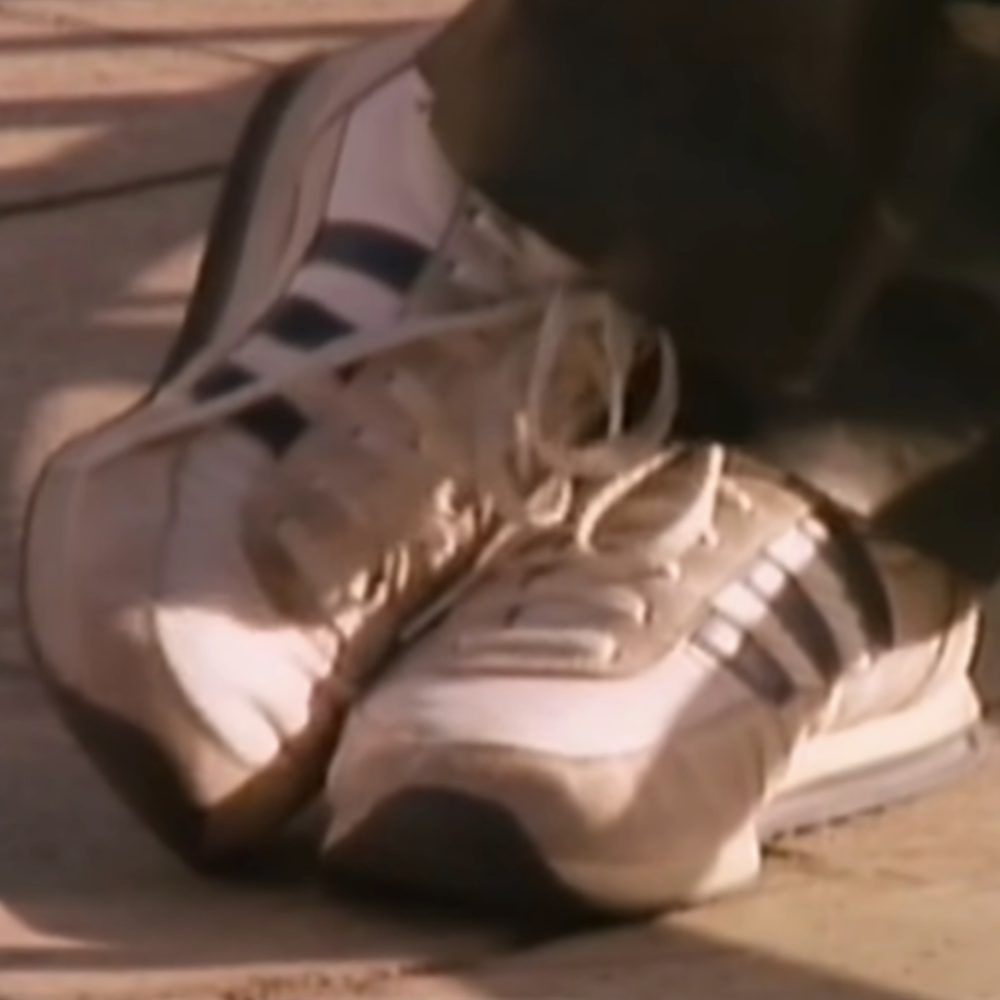- Studio Dirt
- Posts
- Merch is forever
Merch is forever
Enter Night Gallery.

Dirt x Night Gallery 🦇 Designed by Josh Zoerner
Daisy Alioto in conversation with Josh Zoerner.
Dirt has teamed up with Josh Zoerner, the founder of Night Gallery, on a t-shirt pairing Lana Del Rey with nostalgia for subversive PlayStation advertisements. The shirts will drop later this month as part of a “suburban gothic” themed capsule that includes four other shirts Zoerner designed––with references ranging from David Foster Wallace to Three 6 Mafia and Soulseek.
Zoerner grew up in South Bend, Indiana, which he describes as a pocket of miniature suburbs amid a decaying urban sprawl that runs all the way up to Chicago. “When I was a teenager and skateboarding with my friends, one of us would always be like, we should just listen to Three 6 Mafia and go to the gas station and get slurpees and sit outside,” he tells me, tapping into an experience that could just as easily occur in Bellevue, Washington or Huber Heights, Ohio.

Night Gallery was launched in 2020. The first shirt that Zoerner sold through Night Gallery was a replica of an Oasis shirt by a defunct Japanese brand. “When we started, we decided to put up that Oasis shirt, but donate all of the profits from the shirt to the GoFundMe of Elijah McClain… It went viral through that podcast Throwing Fits, and we ended up selling 200 shirts in a week,” Zoerner told his friend Yasi Salek in a conversation in Alternative Press Magazine. The Oasis design was brought out of retirement last month as news broke that the Gallagher brothers are reuniting.
Zoerner, who has received praise from some of fashion’s harshest critics, recently designed a collection of t-shirts for The National’s current tour and Canadian indie singer Andy Shauf. I called him up to discuss creative friction, Slow Show, and the difference between merch and a bootleg.


Daisy Alioto: Who is the biggest artist that you’ve worked with? Elton John?
Josh Zoerner: 100% Elton John
DA: How did that come about?
JZ: I was sitting in my apartment packing orders and I got this call from a woman, I want to say like 9:00 in the morning, and she said, "Hey, are you the guy that designed the Mazzy Star shirt?"
And I was like, "Yeah, this is so bizarre. How did you get my number? What is going on?" And she said, "My dog walker was wearing that shirt, and I work for Elton John, do you want to design a shirt and do some work with me for Elton John?" And I was like, "Wait, what?" I'm about to be in a meeting for my day job. This sounds made up. I also have no idea how you got my number.
Eventually I called her back and said, "Okay, if you're for real, send me over what you want to do." And then it kind of was off to the races. It was two shirts and a concept for an installation in The Webster in Los Angeles for Elton John's LA Takeover.

DA: It sounds like they gave you a lot of creative freedom. Hopefully you don't feel like I gave you too much oversight.
JZ: Honestly, yours was pretty in line with how I work with people. It's a discussion. There isn't a hostile friction, but it's creative friction. It’s like two kids playing with toys together. Your friend has his favorite action figure, you have yours. They probably are from two totally different worlds, and you have two totally different stories in your mind, but you have to get in the same sandbox and play.
That's also kind of part of the play of making a good shirt design or a design for anything is you want it to play with the viewer, the collaborators, and people who might not even know what it is. It seems preposterous that someone might not know who Lana Del Rey is or what PlayStation is. But if they didn't know there would be so many little things for them to digest on that piece, that shirt. It's really fun.

DA: You have to leave the possibility of pure aesthetic attraction for somebody who's landed on earth from Mars and doesn't know any of the references…
You describe yourself as having a “ravenous compulsion to create”. Where does that come from?
JZ: I was having this conversation with a friend of mine a couple weeks ago. I think when I graduated college I really had no idea what kind of person I should be. And then I ended up kind of just wasting a lot of time.
I would start an art project and quit, or if it didn't come easy I would bail. When I started doing Night Gallery, it was the first thing that I stuck with consistently. And then I just got really hungry for that consistency. The same as going to the gym. I need to start this design. I need to send this invoice. It's like I've built this rhythm of machinery of life and I'm hungry for more of it all the time.
And creating to me is not a type of labor that I avoid. I like the stress of creation and I like the ways I have roller coaster feelings to get to the right place with an idea or a design.

DA: I call that being addicted to the shindig. How would you describe your visual style?
JZ: I don't know. It's always in a state of change, where the things that I really like are just very bold, very direct. I tend to think in vignettes.
I have a few different styles of design that people have deduced out of what I've produced for the last four and a half years. Some pieces are very referential. Some are just inside jokes. Some are archival and some are appropriation. Most of them include a vignette.
Take The National designs for example. To me, that’s a very personal band. I’ve been listening to them since I was in high school and when I was listening to those songs I would think, “These would be really interesting moments to have,” but I wasn’t having them. They were singing about being depressed downtown Manhattan guys. How can I possibly relate to the beauty of a song like Slow Show when I'm 17 and my girlfriend's like, "How are we getting to prom?"
How can I possibly relate to the beauty of a song like Slow Show when I'm 17 and my girlfriend's like, "How are we getting to prom?"
Now I’m 34, so when I was designing the shirt for the song Deep End I was thinking about times in my life when things were going sideways and the documentation I had of that.
I had a photo of me when I was 25, after I had gone through a super big life change, a very big relationship in my life ended.
And my friends were like, "Hey, let's go swimming in a quarry." And I was so drunk sitting on this inflatable donut, floating in the quarry getting the worst sunburn of my life. I found this photo of it and it was like, that is it. That is to me what this song is talking about. It's like everyone around you is saying really beautiful things to you trying to get you out of this thing, but you're just kind of adrift and burning up in this lazy, serene way. So that's how that design manifested.

DA: This sort of goes back to, I guess a little bit older now, but the relatively recent GQ article declaring merch as dead. Do you believe that merch is dead?
JZ: I remember when that came out and I thought Mr. Sam Hine kind of jumped the shark on that one.
DA: I know Sam, but you can say whatever you want in my newsletter.
JZ: Yeah. I think that merch is never dead. I think that the idea of merch as an exclusive item that you get at an event that is relegated to that event, maybe that moment is over, but I have a hard time even arguing for that. I don't think merch is ever over. I think that from where I sit, in the world of design, people are hungry for it.
And it's crazy because I have always been waiting for the other shoe to fall with making shirts and putting out drops, thinking one day people are going to stop caring.
The only difference between merchandise and a bootleg is whether the band manager approved it.
And I think that could be true if you play too much in the past and you're not curious enough to design for the future. But I think if you're a curious person and you're making cool things, people are down for it. With merch, people always want something to hold on to and associate with memory. I had a friend over and she was going through all the shirts I have, and she's like, "These are all so cool. What's the deal?" And I was like, "They're just honestly memories really."
Merch, it's kind of forever. And the only difference between merchandise and a bootleg is whether the band manager approved it.
DA: “Merch is Forever” is definitely going to be the title of this. That is going to be the subject line. ♾️

DIRT ON THE SUBURBS
|
|
|
|
|
|
|
|
|
|
|
|
|


